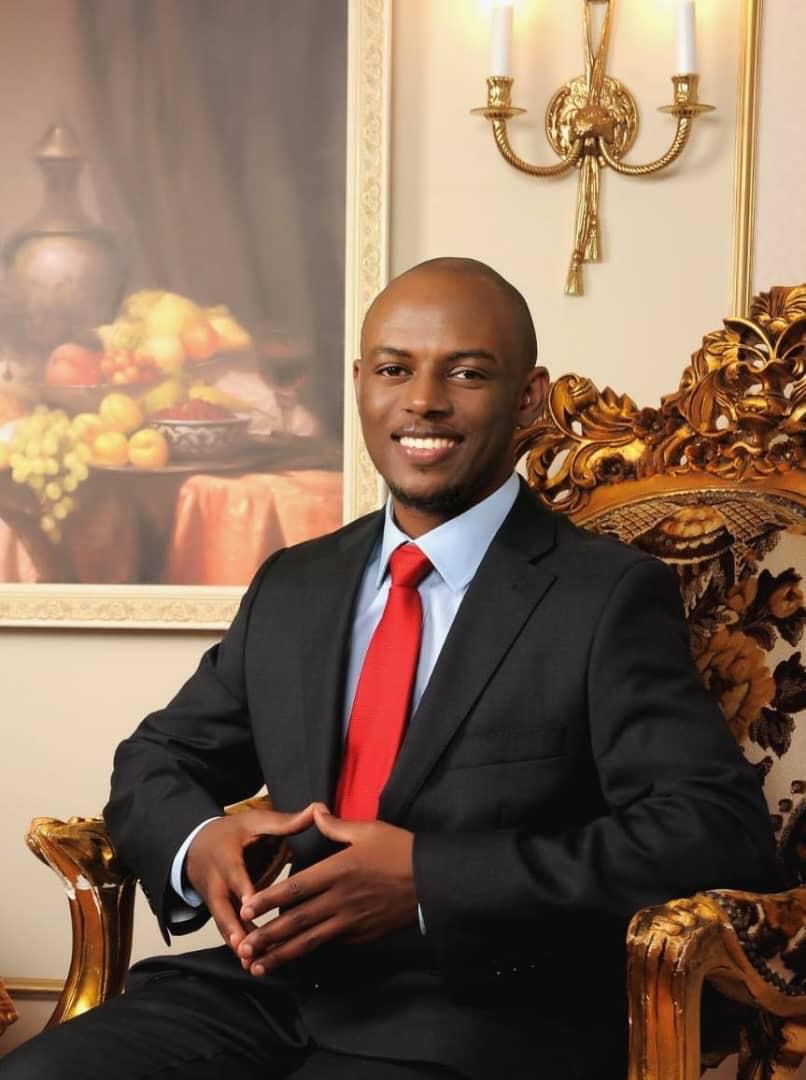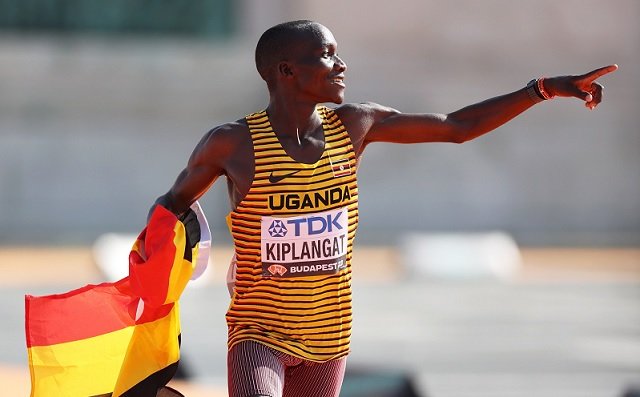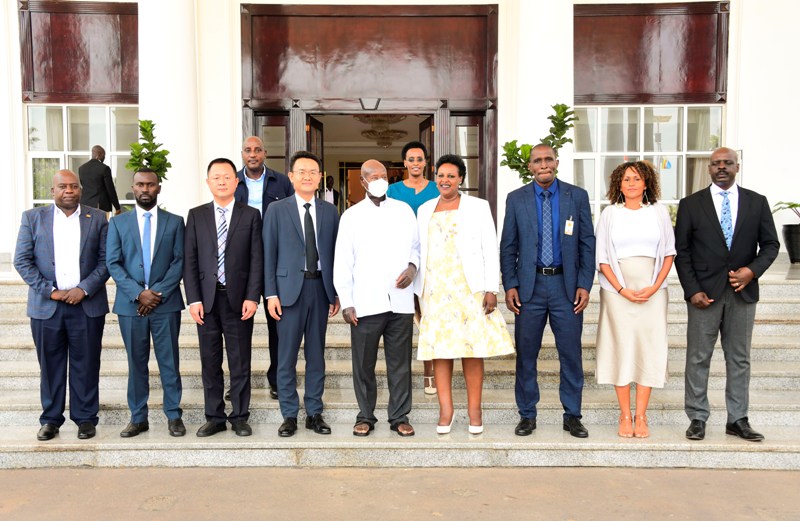How 70% of Ugandans secretly vote for Museveni in every election – without even knowing it”
Inside the Statistics, the Fear, and the Trickery That Keeps Uganda’s Longest-Serving President in Power

By Dr. Dennis Daniel Ssemugenyi
Every election year in Uganda feels like déjà vu. The country heats up with passion, rallies, hashtags, and tear gas. Yet somehow, one constant remains: President Yoweri Kaguta Museveni wins — again, and again, and again.
But what if we told you that Museveni doesn’t need your vote to win — in fact, even your silence helps him?
This isn’t satire. This is the statistical and psychological breakdown of how 70% of Uganda’s population, knowingly or unknowingly, end up voting for Museveni — and how he turns public apathy, fear, populism, and political drama into a winning formula.
The Numbers: Where The Real Votes Are Lost
Here’s a simplified table showing Uganda’s voting population versus actual voter turnout over the past four election cycles:
| Election Year | Voting Age Population (18+) | Registered Voters | Voter Turnout | Votes Cast for Museveni | % of Voting Age Pop Voting for Museveni |
| 2006 | 14.0M | 10.45M | 69.2% | 4.1M | 29.3% |
| 2011 | 17.3M | 13.95M | 59.3% | 5.4M | 31.2% |
| 2016 | 21.0M | 15.27M | 67.6% | 5.9M | 28.1% |
| 2021 | 24.0M | 18.1M | 59.4% | 6.0M | 25.0% |
Observation:
Despite a growing youth population, millions of eligible Ugandans don’t register, and among those who do, many never vote. And therein lies Museveni’s hidden army of silent supporters: the non-voters.
Comic Paradox: Not Voting Is Voting — For Museveni
Meet “Kabasi,” 34, from Wakiso. She hates Museveni. She sings protest songs, tweets #WeAreRemovingADictator, and wears red berets. But she has never voted.
Why? “The system is rigged, so what’s the point?”
And yet, that very apathy fuels Museveni’s win. Every time Kabasi stays home, Museveni’s statistical share increases. It’s the math of silence.
Museveni doesn’t need 50% of all Ugandans to vote for him. He only needs 50% of those who vote. So, the fewer people that vote, the more powerful his base becomes.
You didn’t vote? Well, you voted for him.
Opposition Strategy: Sowing Hate, Seeding Loss
Let’s be honest — many opposition campaigns in Uganda aren’t built on policy debates, they’re built on rage. Rally after rally is filled with:“Museveni is a dictator!” “We’re removing him whether he wants or not!” “He has ruled for 40 years!”
This constant drumbeat, whether it’s true or exaggerated, engrains Museveni into people’s psyche even more. The mind remembers repetition, not nuance. Whether out of fear, familiarity, or fatigue, many voters default to what feels ‘known’ — Museveni.
Worse still, by focusing so much on Museveni the man, the opposition often forgets to build up its own vision. It’s easier to chant “remove the dictator” than to explain how to fix education, health care, or the economy.
The Politics Of Fear: The “What If” That Wins Votes
“If Museveni loses, will the army accept it?” “Will there be chaos?” “Will Kampala, Luwero or Karamoja explode again?” These whispered fears ripple through villages and cities alike. Whether founded or not, fear of the unknown keeps Museveni in power.
People vote for him not out of love, but to avoid unrest. But pause and reflect: Isn’t voting out of fear another form of dictatorship? And isn’t that same fear denying Uganda a peaceful transition, making the unknown more dangerous by never confronting it?
Foolery In Fashion: Political Dress Codes And Sabotage
On Election Day, thousands show up to polling stations proudly wearing their red, blue, or yellow.
Bad idea. In a country where security is deeply politicized, wearing your party colours can get you blocked, beaten, or chased away from polling stations.
This is a game Museveni’s camp plays well: intimidate visibly partisan voters, while protecting his own.
The smart voter? They blend in, vote silently, and walk out quietly. To wear your loyalty on your sleeve — literally — is not bravery. It’s political naivety in an authoritarian state.
The Data Ignorance That Votes For Museveni
Many Ugandans don’t read manifestos. Don’t compare candidates. Don’t track electoral trends. Instead, they rally behind the loudest, the coolest, or the most victimized.
This plays into Museveni’s strategy: exaggerate the threat, make the opponent seem dangerous (cue arrests, court battles, beatings), and watch the masses run toward him for “safety.”
Its political aikido: use your opponent’s energy to win.
Whether you:
- Refuse to register
- Fail to vote
- Vote emotionally
- Ignore manifestos
- Campaign in uniforms
- Hate without thinking
- Fear without facts
You are voting for Museveni.
You may scream “People Power!” but your silence screams louder.
The game is psychological, statistical, and deeply strategic. And until Ugandans wake up, analyze, vote smartly, and play to win — not just shout to feel good — the result will never change.
Dr. Dennis Daniel Ssemugenyi is an Author & Political Analyst







